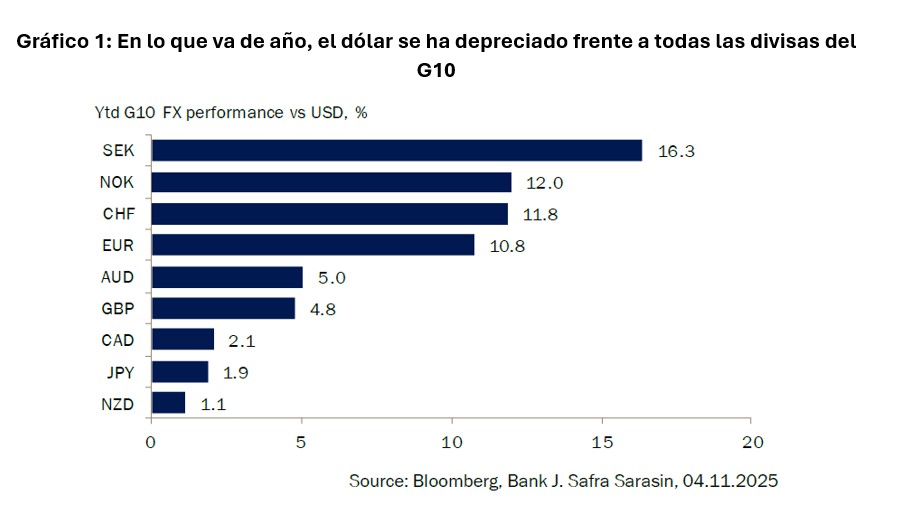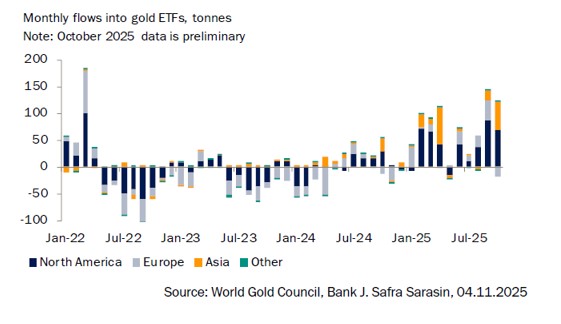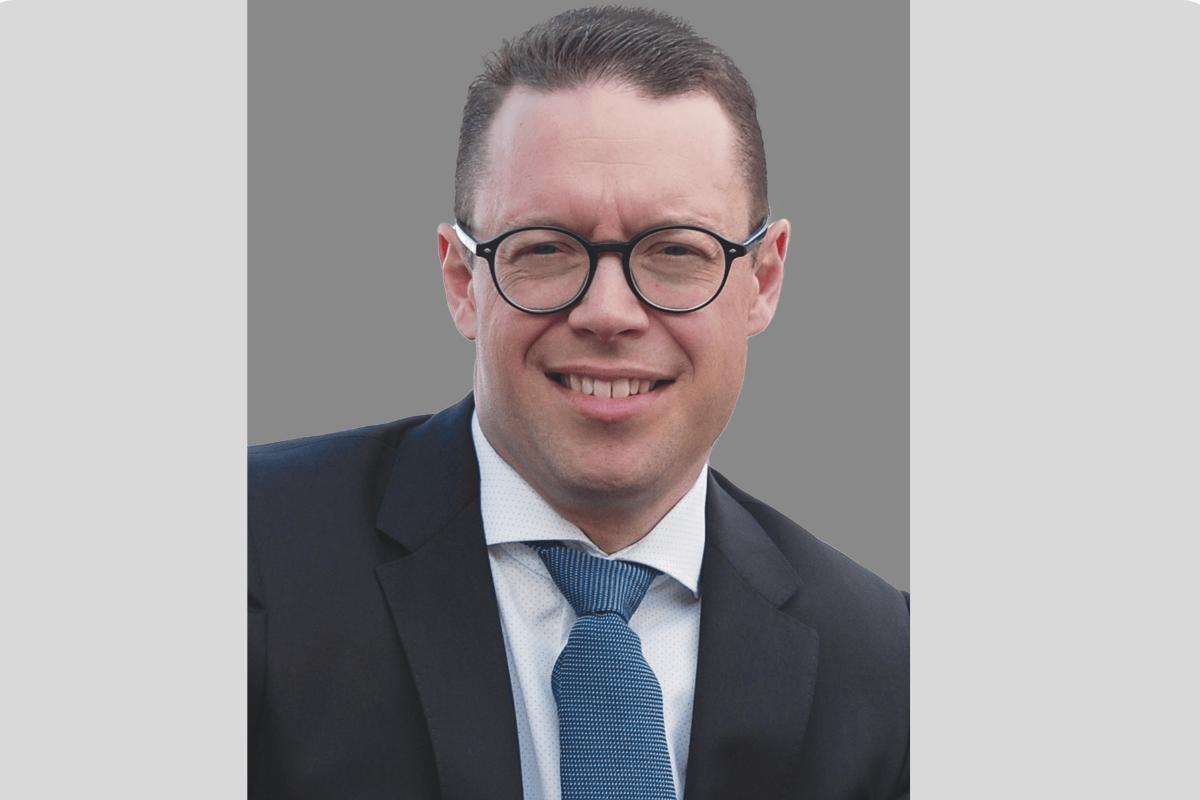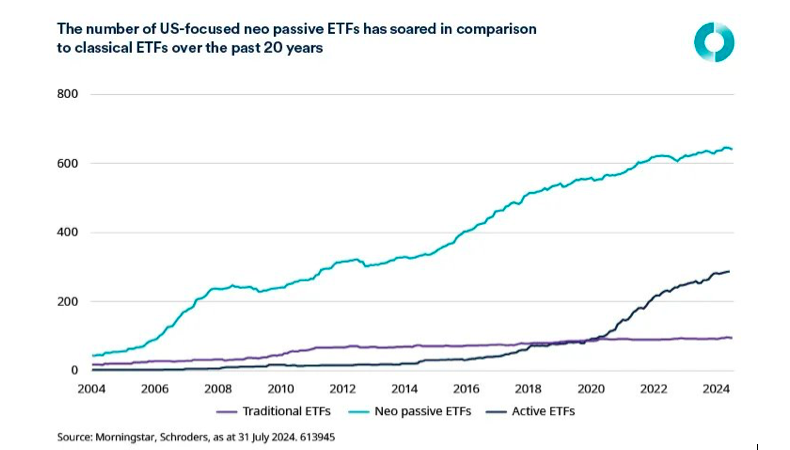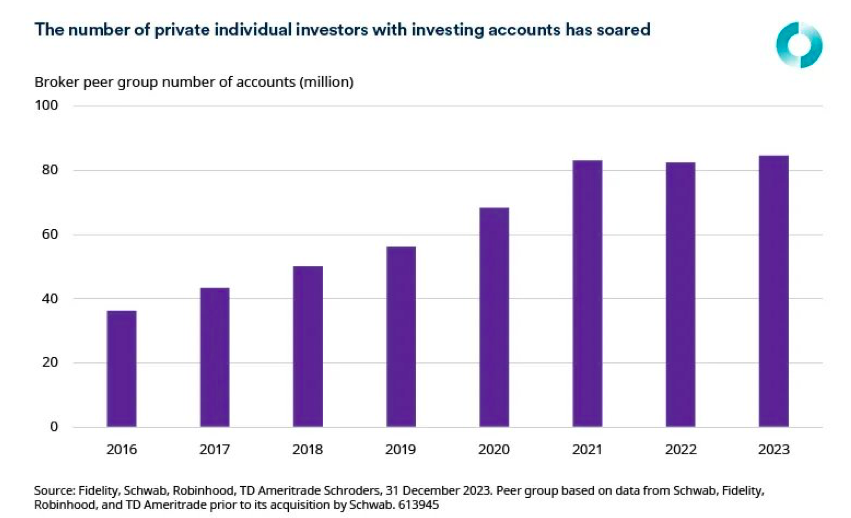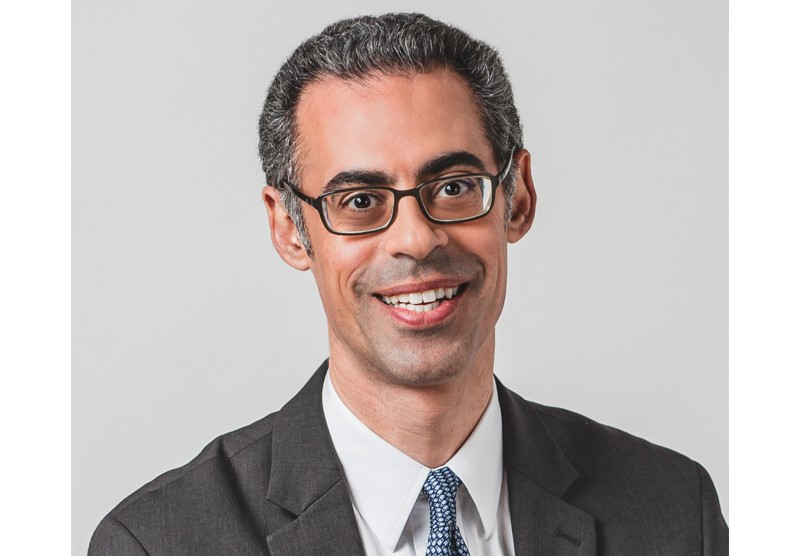Albert Saporta (CEO): “Make GAM Great Again”
| By Amaya Uriarte | 0 Comentarios

Although he has held the position for only four months, the path toward achieving this goal began a couple of years ago, when an investor alliance called NewGame—including the Swiss wealth management firm Bruellan and French billionaire Xavier Niel—became majority shareholders and took control of the company.
“It was two years ago when I started to take an interest in GAM and began investing, as its stock had dropped dramatically. I knew the firm from my career in alternative investments and knew that GAM had been a major reference and expert in that field. In fact, it was the leading entity in the hedge fund space during the ’80s, ’90s, and part of the 2000s. But the company had been losing money for four years, which is an anomaly in the industry. When I looked into it, I saw that the managers were still outperforming the market and that the brand’s reputation remained strong, despite the 2018 scandal. It seemed clear that GAM had a serious management problem. At that point, I decided to form a group of investors to acquire a stake in GAM and act as a constructive activist investor to influence the company’s management and strategy. I had the support of Xavier Niel to carry out this plan and raise the capital needed to invest in the company. So we created a structure in Geneva, Switzerland, called NewGame, and under that structure, we started buying shares in the market,” explains Saporta, describing the start of GAM’s new phase.
From Restructuring to the Future
After these first steps came disagreements with the then-management, which led to a takeover bid that enabled them to gain control of the company. “As soon as we took control of the company and management, we launched a restructuring program. In this phase, there were several key priorities. One was to stabilize the asset base, which had fallen from 85 billion to 20 billion, as well as to stabilize the investment management teams and retain some key employees. The offer from Lion Trust generated a lot of uncertainty and turbulence, so we had to calm the situation—and I believe we managed to do that quite successfully,” he recalls.
Another issue they had to deal with was the sharp decline in GAM’s assets under management following the 2018 scandal, which led to decisive action: “We had to reduce the size of the company. One of the first things we did was sell the third-party fund management business in Luxembourg and Switzerland to Carne Group, as it was highly resource-, regulation-, and time-intensive, and had low profitability.”
Saporta believes that the restructuring is now nearly complete, allowing them to focus on restoring the company’s original identity and building a business well-positioned for the future. “The first major strategic decision was to reposition GAM in the alternatives business and to do so quickly. For that, we started by closing deals with relevant partners who wanted to expand and believed in GAM’s narrative. So we completed four or five transactions with major firms. Many of these were people I knew from my professional experience—people I respect and who are extremely well regarded. And as I said, the best class, the best story, the best name in the business,” he affirms.
As a result of this work, over the past two years the firm has consolidated a network of strategic alliances to offer value-added and high-quality UCITS products to institutional investors, distributors, and private banks. These partnerships include firms such as Avenue Capital, Galena, Gramercy, Swiss Re, and Liberty Street Advisors.
To Saporta, the value of these partnerships lies in offering a more specialized product range, backed by sector experts and delivering added value—something he considers essential in an industry where margins are increasingly tight. “We have built these alliances without creating conflicts with our own fund offerings and with a clear commitment to active management strategies, including fixed income and equities, and oriented toward the wealth business,” he adds.
GAM Today and Tomorrow
Up to now, this has been the path GAM has taken. Now, Saporta wants to focus on the future. While he admits it’s difficult to predict where the company will be in five years—or whether it will even return to profitability by 2026—he is confident that it will be significantly larger than it is today.
“Investment in GAM will remain strong, which will allow us to scale up. In the short term, our priority is to ensure the firm becomes profitable again and completes its transformation process. I believe we now have all the necessary elements to achieve that. We’ve restructured the company, stabilized the investment management teams, returned to the alternatives space, and done so in a way that is substantial and different from other managers. The excellence of the firms we’re working with shows that we’re different. I believe we’ve already completed most of the partnerships we want and have done so without becoming a fund supermarket,” the CEO states.
To strengthen their fund offering, Saporta highlights that they’ve also completely revamped the sales teams. “Besides a scalable model, one of GAM’s strengths is its global distribution network. That’s quite unique for a firm of this size. We have offices throughout Europe’s major financial centers, as well as in Asia, Australia, and the United States. We also have a partner in Chile for South America and another in Hong Kong/China for those markets. We have a very significant distribution platform, and we’ve changed almost all the heads of these offices in their respective jurisdictions,” he notes.
While this entire “machinery” and strategy is in motion, Saporta is currently focused on visiting each of the company’s offices and meeting with investors to convince them that the GAM project is alive and worth supporting. “Being part of the investor group and having a significant investment in GAM through NewGame gives me the credibility needed to deliver that message. And I think it’s working very well. We still benefit from having a highly recognized name and we’re seeing a very good reception to our proposal: ‘Help us return GAM to its former position, and we will help you by offering excellent products that enable you to outperform your competitors and satisfy your clients.’ I believe that message is resonating strongly. I think we are already in the final phase to truly turn this firm around,” concludes Saporta during his visit to Madrid.


